Modvion: Reaching new heights with wooden wind towers
2 Feb 2026
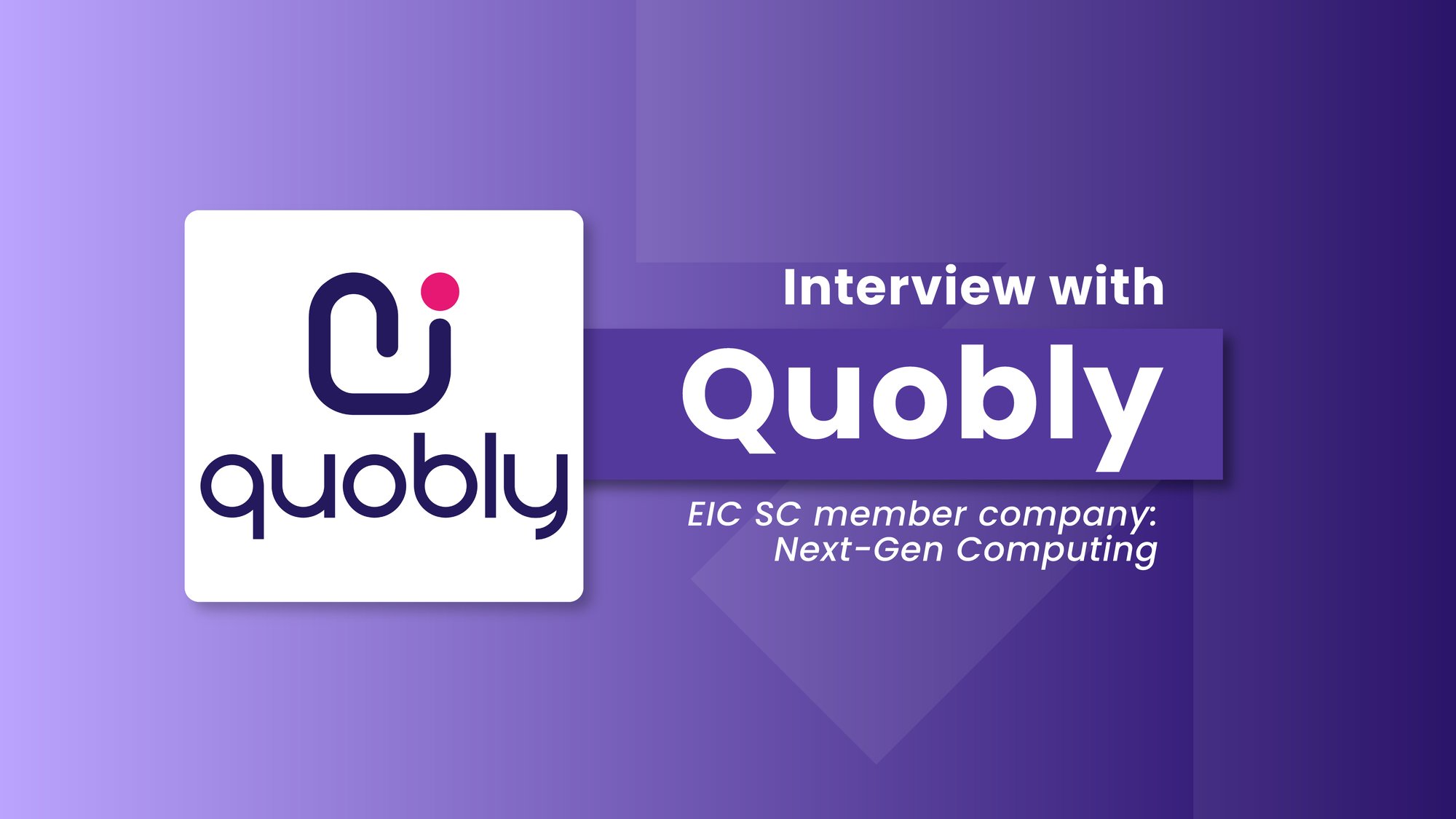
Meet Quobly, a French quantum computing company and a member of the EIC Scaling Club's Next-Gen Computing market group. The company is on its way to building scalable quantum computers using a breakthrough method for the mass production of millions of qubits (quantum bits) essential for practical, large-scale quantum computers.
Andrea Busch, Quobly's Chief of Staff and Head of Communications, explains that the amount of computing resources used by today's society is growing exponentially, mainly due to the introduction of AI. Traditional computing methods are reaching their limits, and quantum computing is widely seen as a potential solution.
Coming from Grenoble, the so-called Silicon Valley of France, and emerging as a spinoff of the CEA – one of France's leading centers for academic research – Quobly is working toward a commercial quantum computer release by 2028-2030. With 40 patents and key processes in place already, the goal does look very achievable.
There are several ways to make a quantum computer. Industry giants, such as IBM and Google, use superconducting qubits to develop quantum computers, which is a tried and tested way. However, such computers take up a lot of space and have many other limitations, exclusivity being one of them. Another approach is Cold Atom technology, which, while promising, hits a wall regarding scalability.
Building a practical quantum computer requires millions of qubits, while the currently available quantum computers have only thousands of quantum bits. And that's exactly where Quobly comes in – or, more precisely, came in about 20 years ago when the research behind the scale-up's work began. Andrea briefly tells the origin story of their idea:
“Researchers said – we know we can do superconductors and Cold Atoms, but none of these systems are perfect for scaling. So if we took just a regular microelectronics circuit, a CMOS circuit, and found a way to turn that into a qubit, we'd have the most advanced technology that humans can make today.”
The idea was turned into research work in a lab of the previously mentioned CEA, which then teamed up with the National Centre for Scientific Research of France (CNRS). In 2016, a breakthrough in qubit-creation was achieved, and since then, the team has been working towards commercializing their efforts.
In 2022, three researchers from CEA and CNRS decided that this work deserves a company of its own, and Quobly was founded. “We aim to build up our team in the next few years and have a commercialized working computer by 2030,” Andrea adds.
Quobly's CEO and co-founder, Maud Vinet, is one of the very few female CEOs in the quantum space. Her extensive experience has been a significant competitive advantage in the scale-up's success. The other co-founders – Tristan Meunier and François Perruchot – serve as the company's CTO and COO, respectively. According to Andrea, Tristan is the company's primary qubits expert.
While Quobly's groundwork was laid well before the scale-up's founding year, in startup years, Quobly is still relatively young. However, its journey has been impressive – the company raised a seed funding round of 19M EUR while only six months into the startup world. Shortly after, the EIC approved 2.5M EUR in EIC Transition funding for Quobly's MCSQUARE project to build an FD-SOI quantum processor demonstrator.
When asked about ongoing funding-related activities, Andrea says Quobly is working to land a series A round. “We're excited about this next investment round and enthusiastic about the opportunities we're seeing in Europe.” She adds that European VCs are also getting into the quantum space, making Quobly cautiously optimistic about finding support for their mission in Europe.
For Quobly, joining the EIC Scaling Club is a chance to increase visibility: “To let investors know we exist,” says Andrea, and adds that the Club helps enhance presence “without having to spend thousands and thousands on big communication campaigns that are not necessarily very targeted.”
Andrea acknowledges that the scale-up needs to refine its communication strategy, particularly given the challenges of the deep tech sector. Hence, through participation in the EIC Scaling Club, Quobly hopes to enhance its communication with potential investors, mainly by refining its pitch.
Moreover, to attract the level of investment Quobly currently seeks, the scale-up needs to expand its investor network beyond its current base. Andrea says:
“To attract the level of funding we're looking for, we need to level up the way we communicate about our company and our mission. The EIC Scaling Club has already been amazing in coaching us to get to that point.”
Andrea wraps up the interview by saying that, as a startup, Quobly disagrees with the narrative that companies can't land significant investments via European VCs: “It's completely possible to do big fundraising in Europe.” Using the help of EIC Scaling Club to communicate with the network of investors proactively and put one's startup on the map is one way to go.
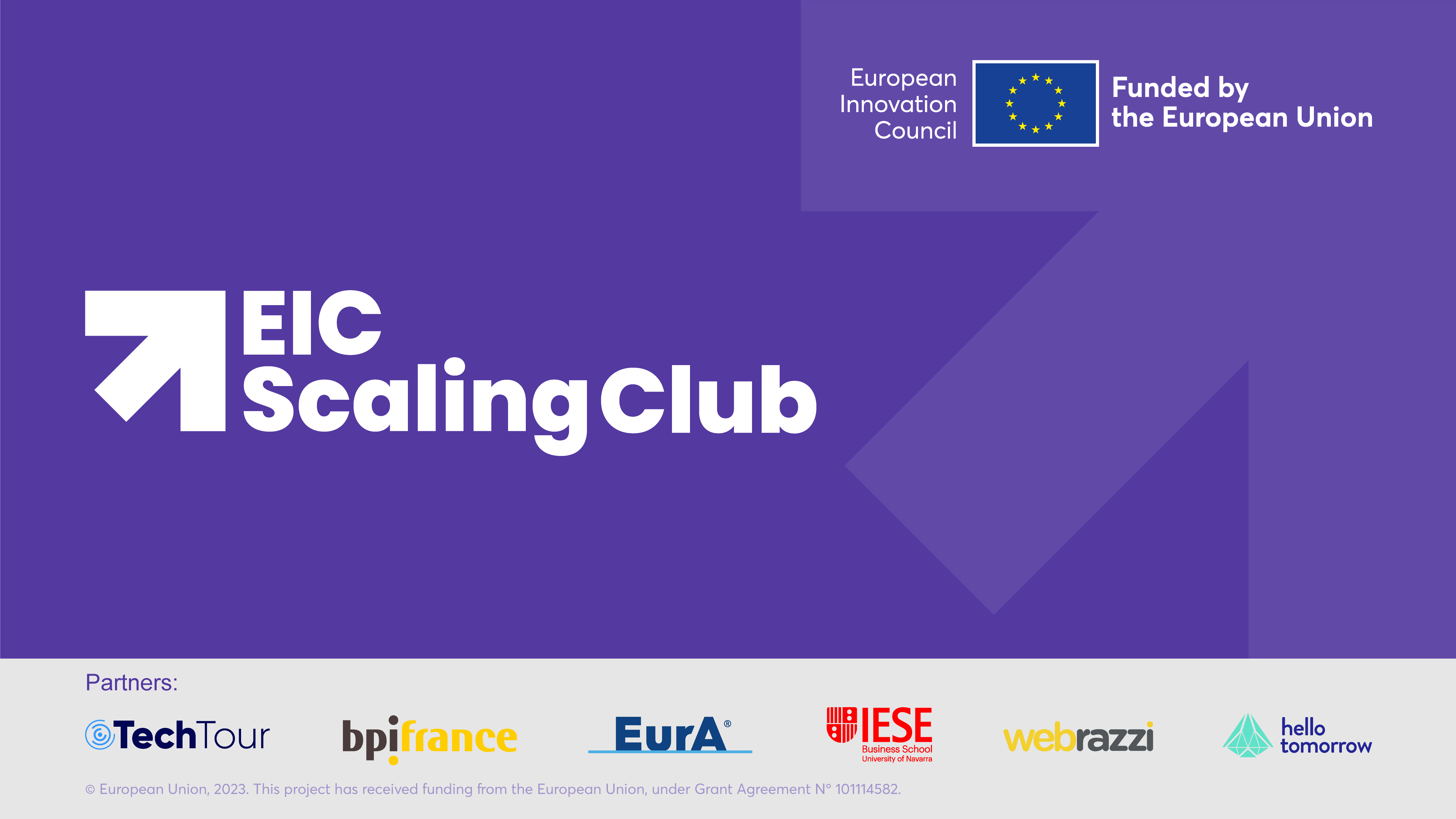
The EIC Scaling Club is a curated community where 120+ European deep tech scale-ups with the potential to build world-class businesses and solve major global challenges come together with investors, corporate innovators and other industry stakeholders to spur growth.
The top 120+ European deep tech companies will be carefully selected from a pool of high-growth scale-ups that have benefitted from EIC financial schemes, other European and national innovation programmes, and beyond.
The EIC Scaling Club is an EIC-funded initiative run in partnership by Tech Tour, Bpifrance (EuroQuity), Hello Tomorrow, Tech.eu (Webrazzi), EurA and IESE Business School.
Subscribe to our newsletter here to stay up-to-date!
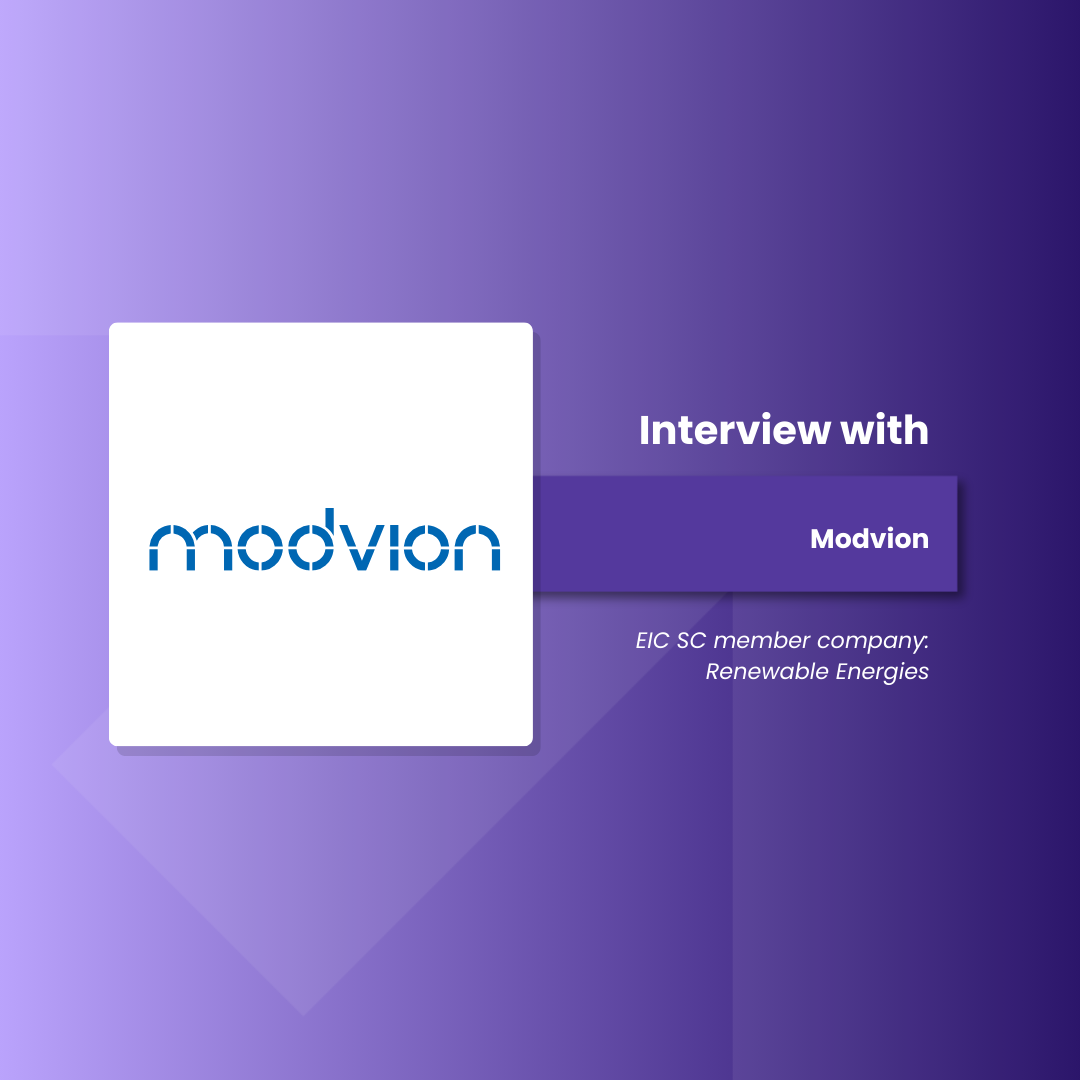
2 Feb 2026
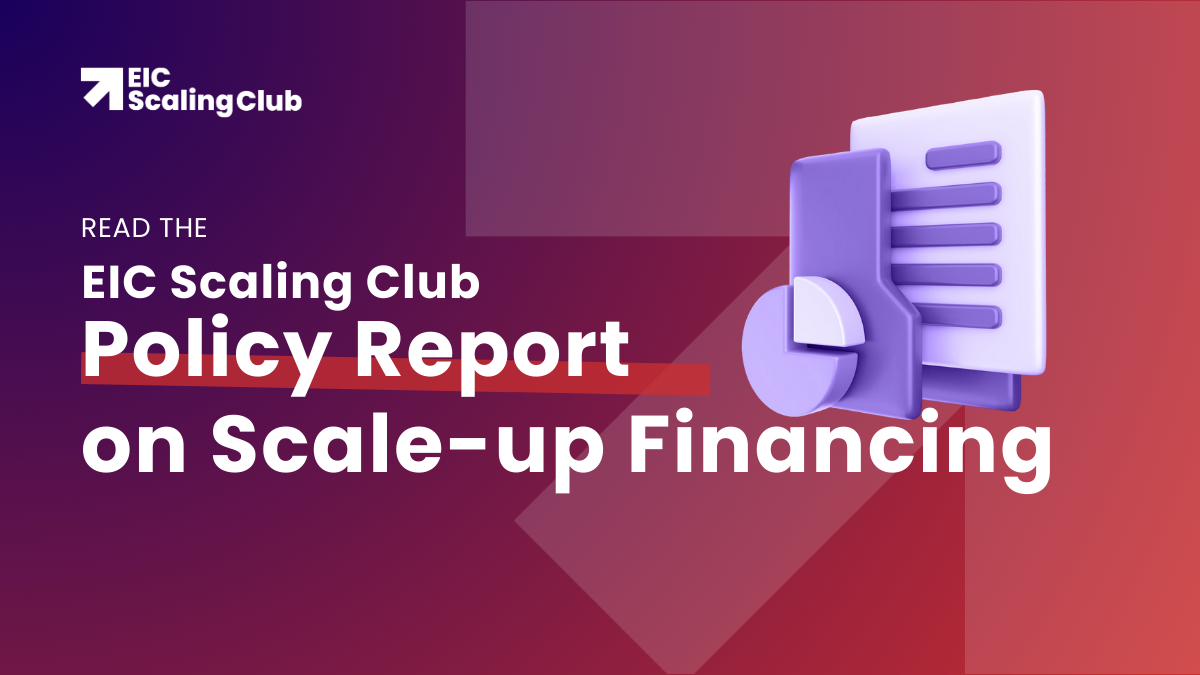
23 Jan 2026
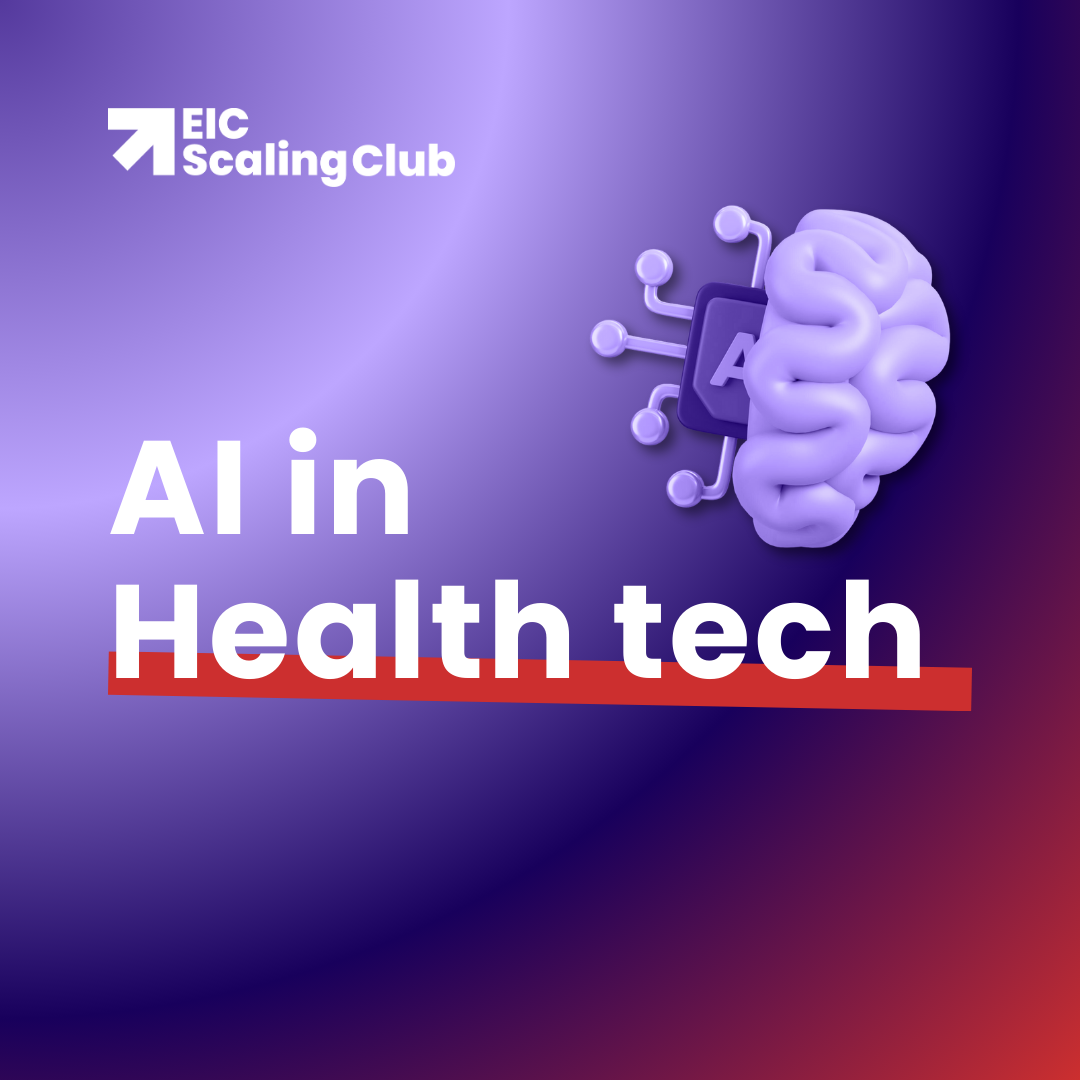
13 Jan 2026
.png)
7 Jan 2026